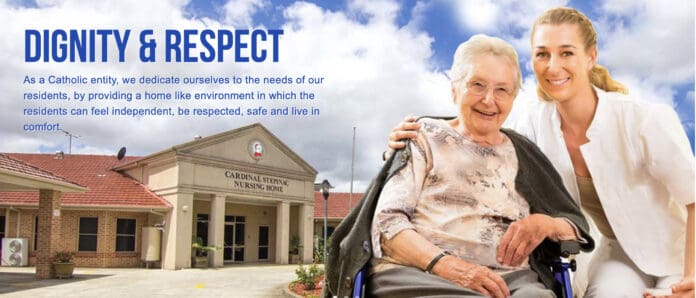How the Croatian Spirit Lives On Among Australia’s Elderly
In the heart of the Croatian-Australian community in St Johns Park lies Cardinal Stepinac Village – an aged care home that offers not only professional care, but also a deep sense of belonging, culture, and faith. Born from the dreams and dedication of Croatian migrants, this home has become a symbol of solidarity, tradition, and compassion for the elderly. We spoke with Emil Peroš, the Executive Director of the Village, about its origins, mission, and the everyday life within this unique institution.
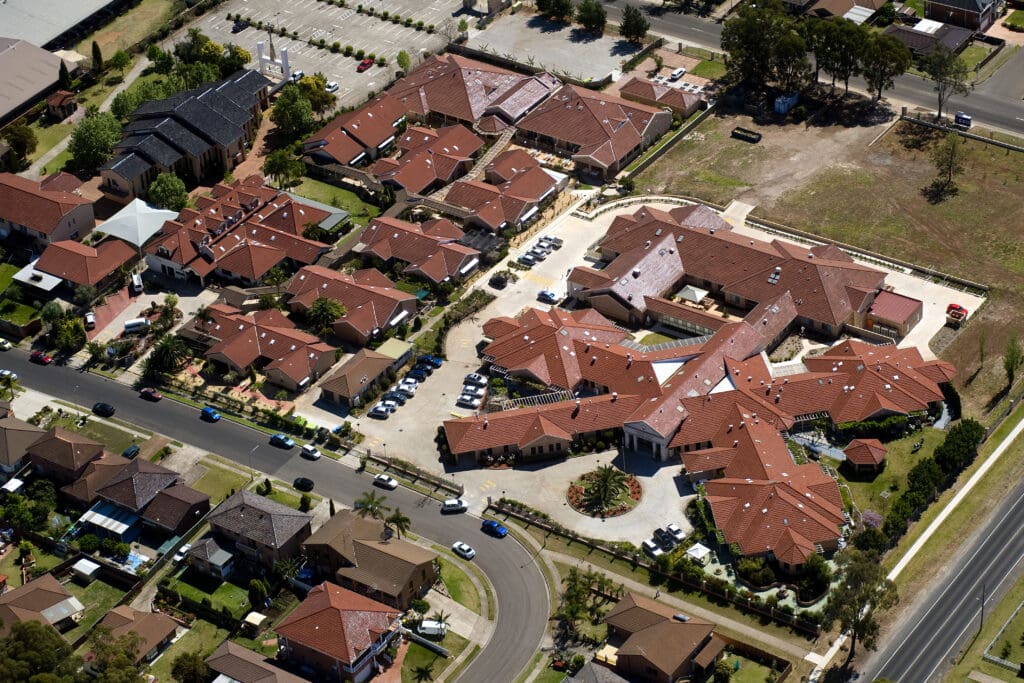
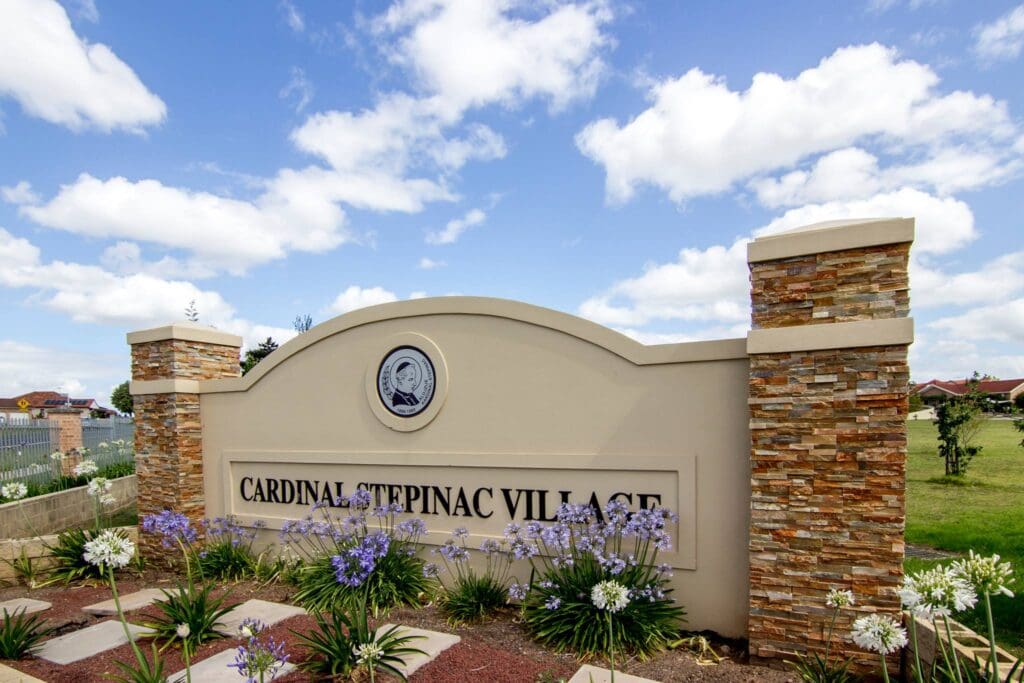
Can you briefly introduce Cardinal Stepinac Village – how did it begin and what is its mission?
Between 1985 and 1991, inspired by moments of reflection during the final stages of construction of St Nikola Tavelić Church, the leaders of the Croatian Catholic community in St Johns Park began dreaming of creating a home for the elderly on a nearby piece of government land. Despite lacking financial resources, the community united with remarkable determination. They established the Australian Croatian Cardinal Stepinac Association Ltd and began lobbying the New South Wales government. Through tireless fundraising, political support, and cultural engagement, they managed to secure the land and the necessary backing. This allowed them to turn the project into reality. In 1991, Cardinal Stepinac Village officially opened its doors and welcomed its first residents – realising a dream built on faith, love, and service. That foundation continues to guide the Village’s mission: to provide high-quality and compassionate care for the elderly. This is done with dignity and respect, caring for each individual as a person, rooted in the Catholic tradition of the Croatian-Australian community.
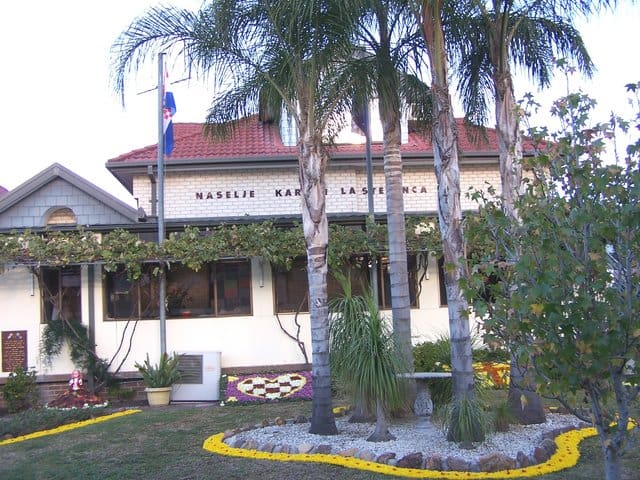
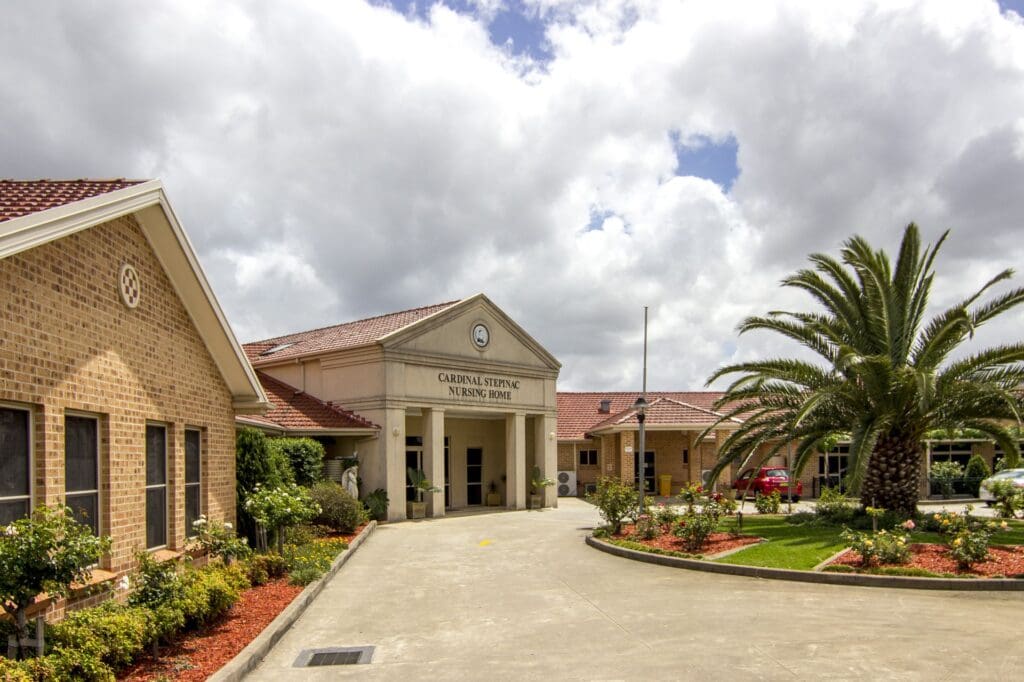
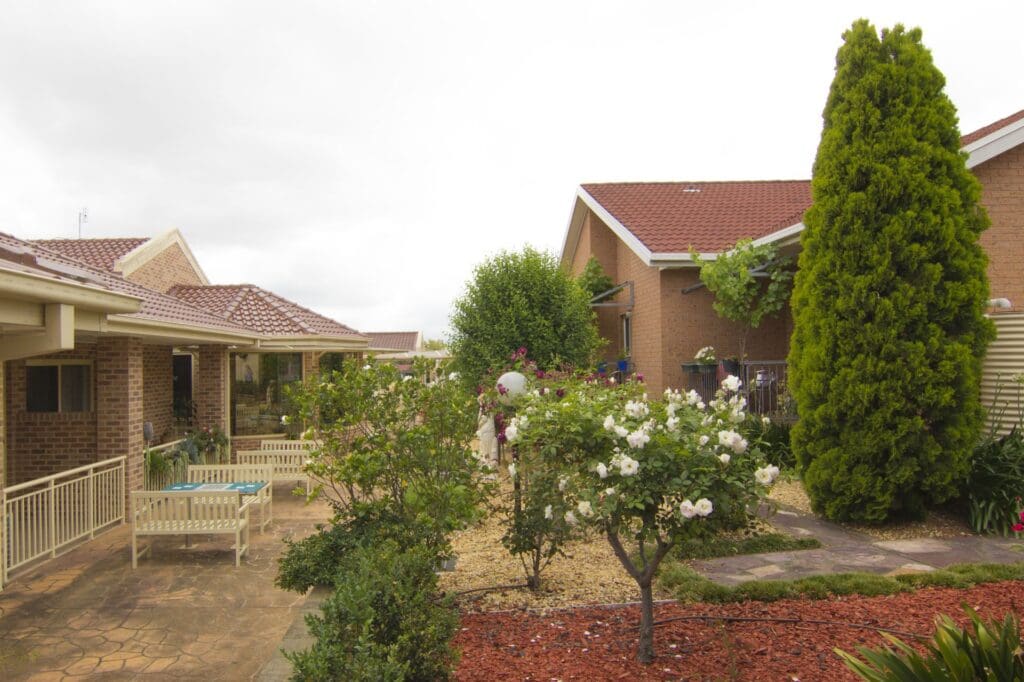
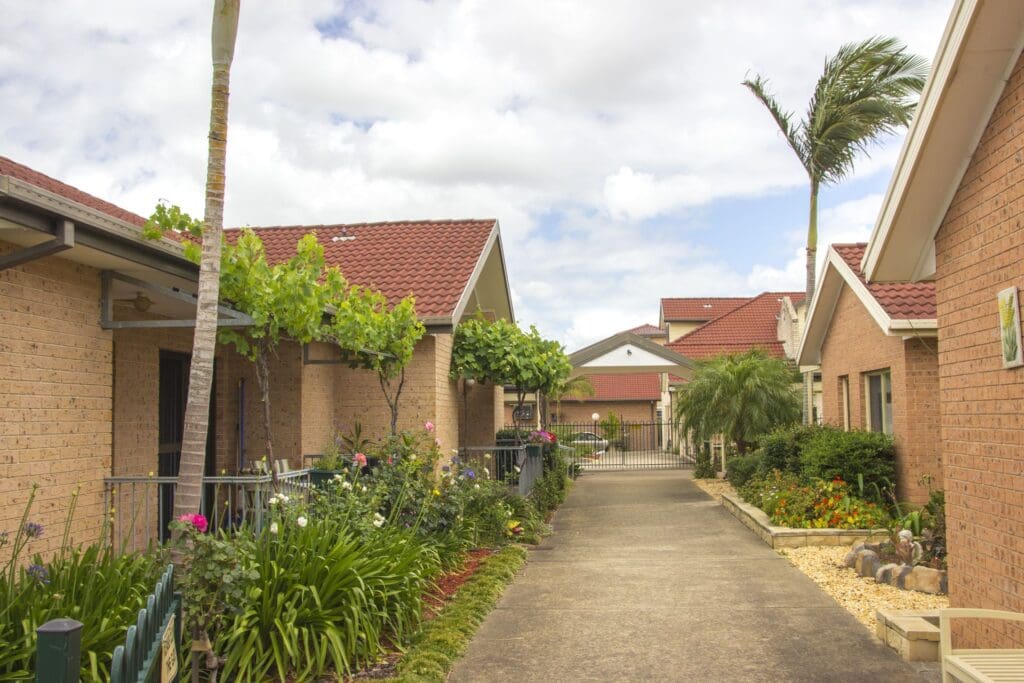
What services and programmes are available to residents?
We provide accommodation for both low and high-level care (hostel and nursing home). Continuous medical and personal care, activities tailored to individual interests, pastoral support, cultural programmes, and specialised care for people living with dementia are offered. We place special emphasis on personalised care, supported by carers, medical staff, and a multidisciplinary team.
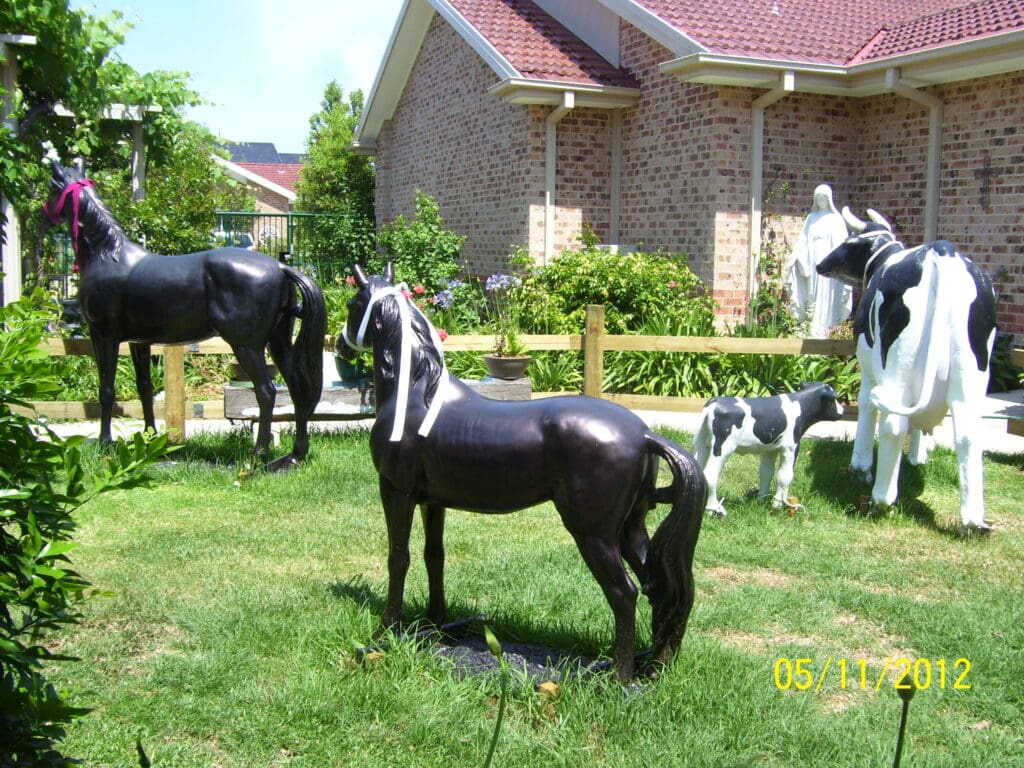
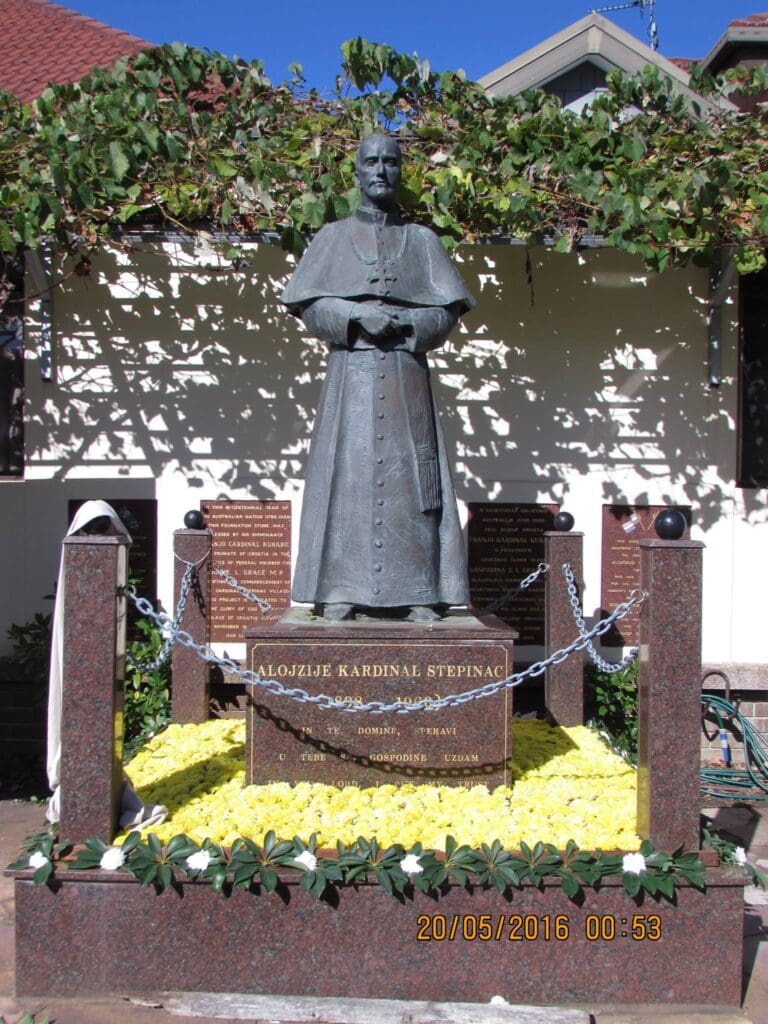
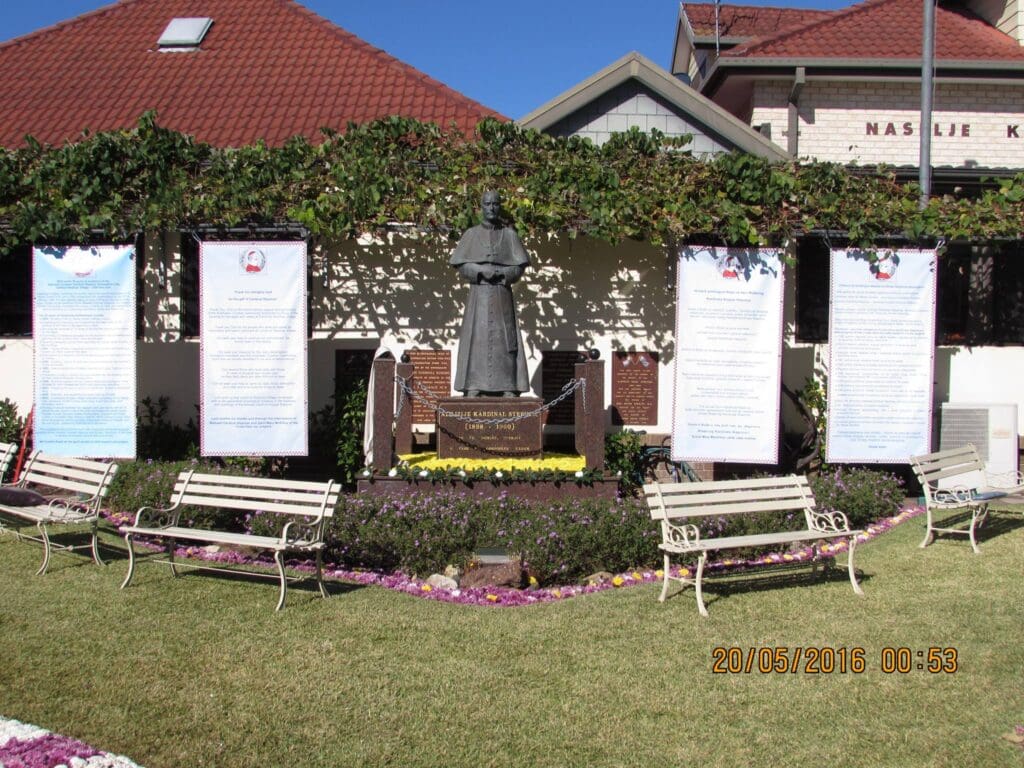
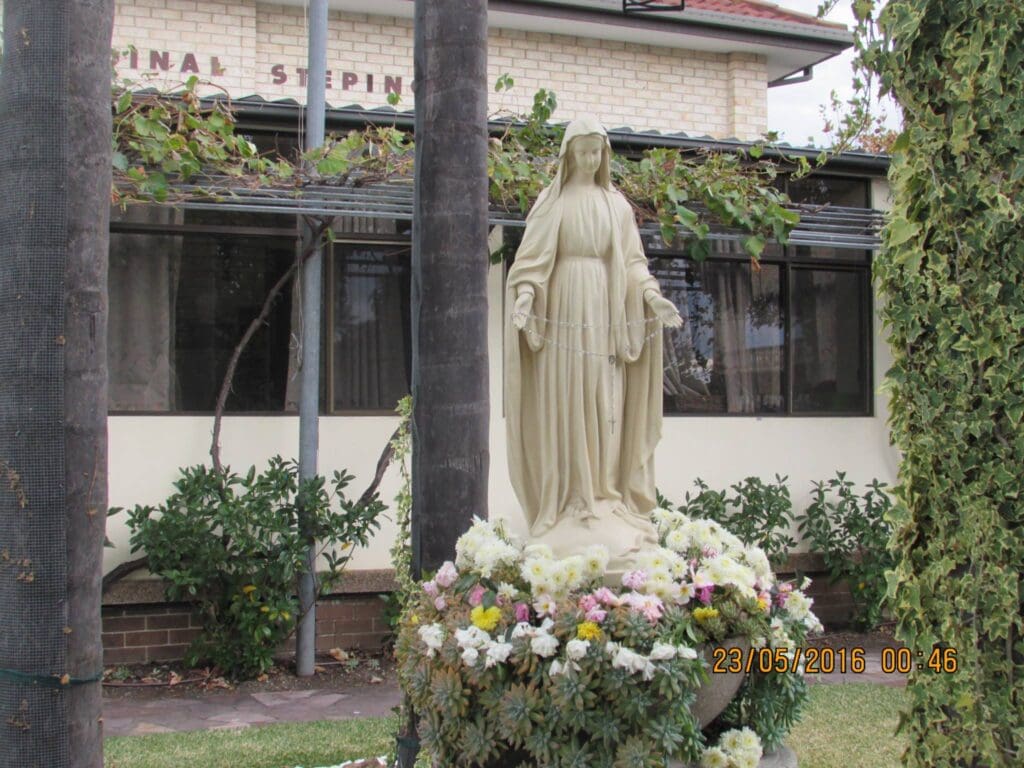
What is your connection with the Croatian community, and how present is it in the daily life of the Village?
Our connection with the Croatian community is fundamental. The Croatian language is used daily in communication, liturgy, and activities. We celebrate Croatian holidays, organise cultural events featuring folklore groups and choirs, and our residents regularly attend Mass in Croatian. Many of our staff, volunteers, and visitors come from the Croatian community.
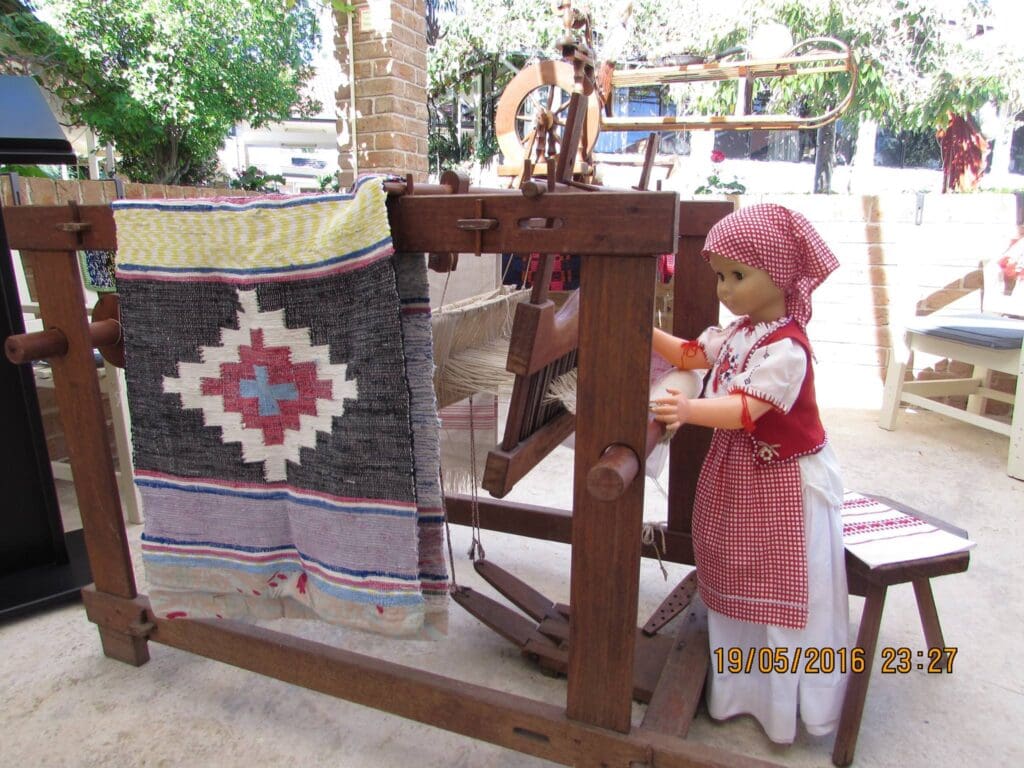
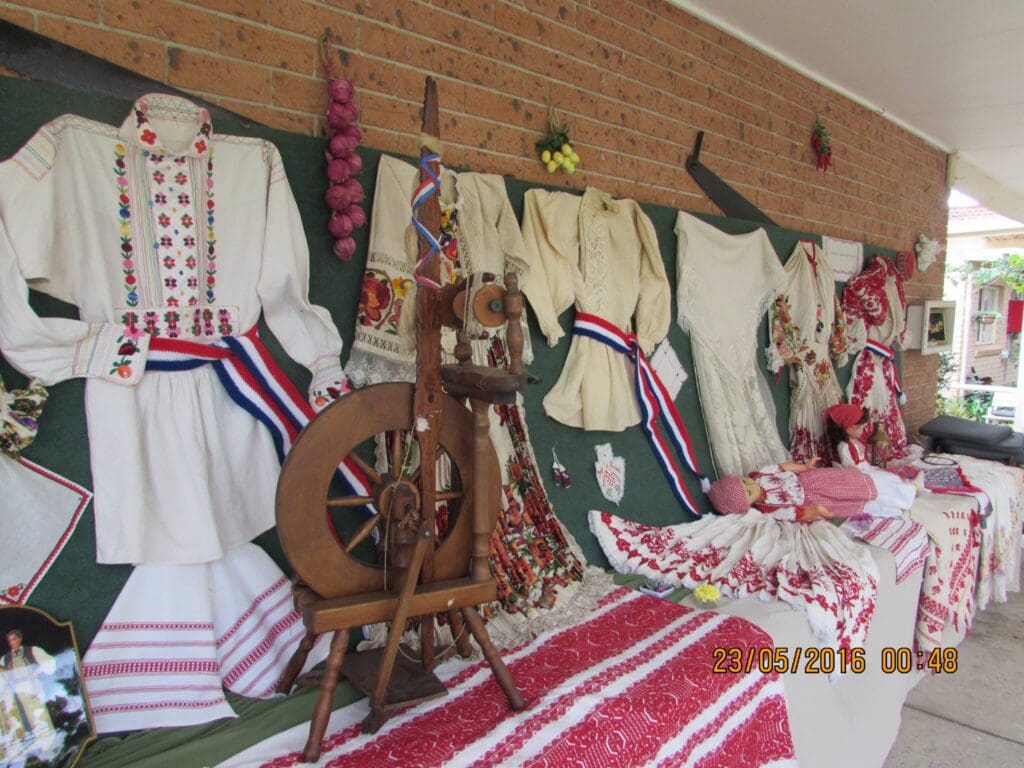
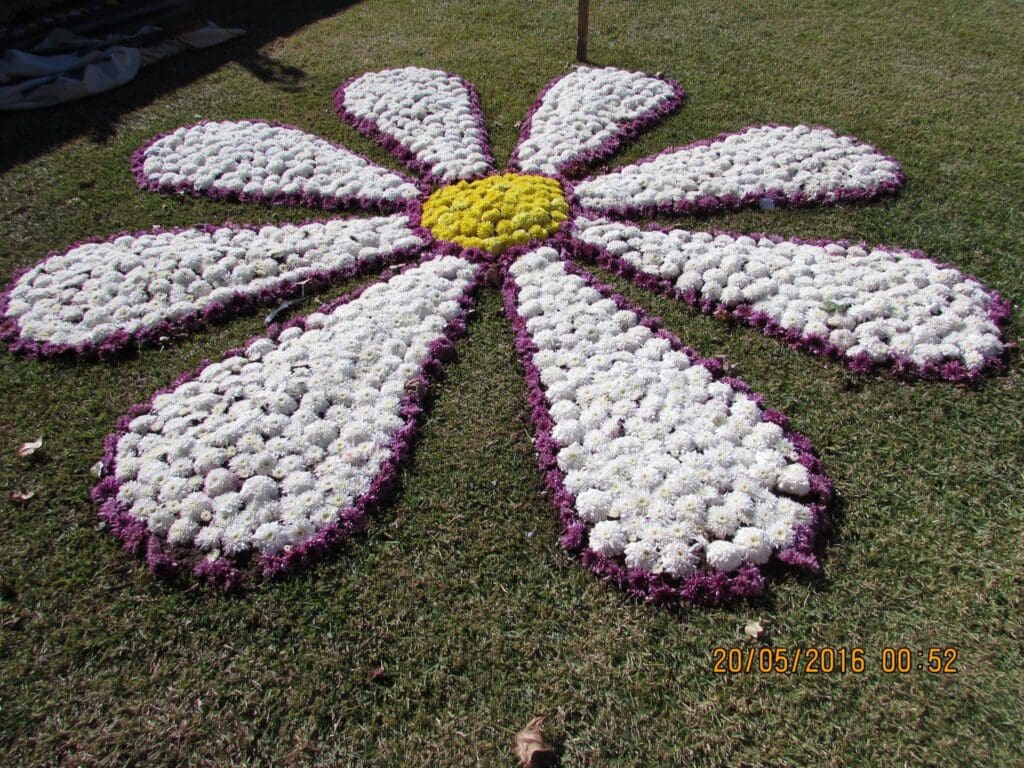
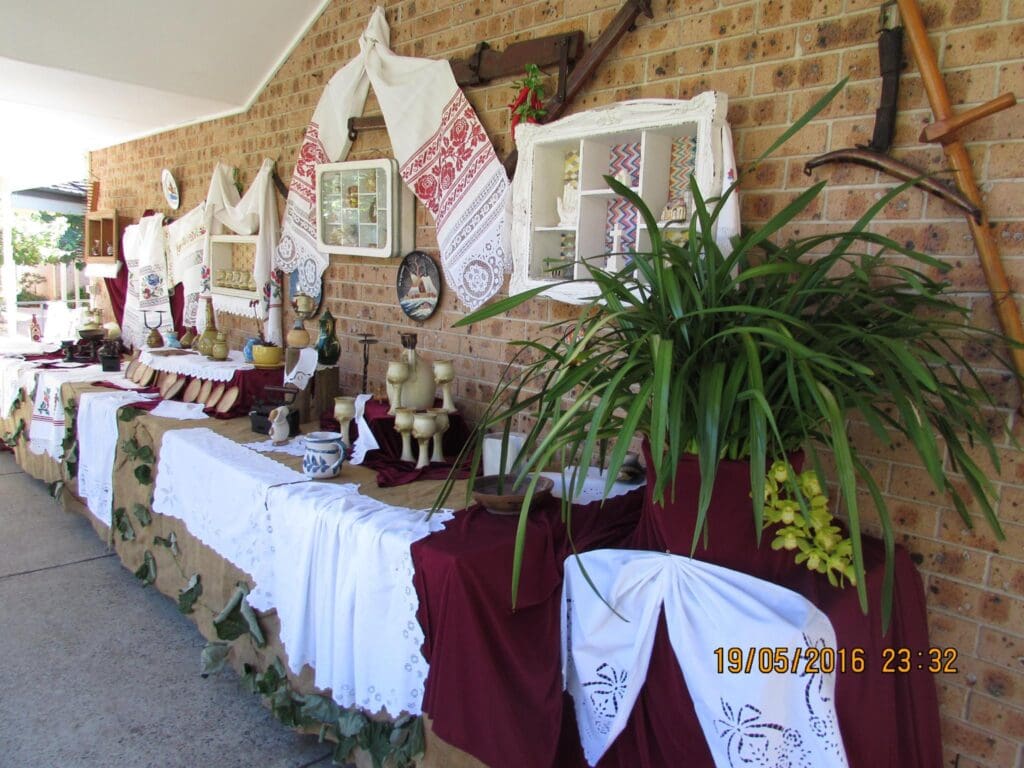
How many residents are currently living in the home, and what are their impressions?
We currently care for around 140 residents across various levels of care. Feedback is generally very positive – residents often highlight the sense of community, the attentiveness of the staff, and the ability to express their cultural identity. We often hear phrases such as “feels like home” or “like one big family”.

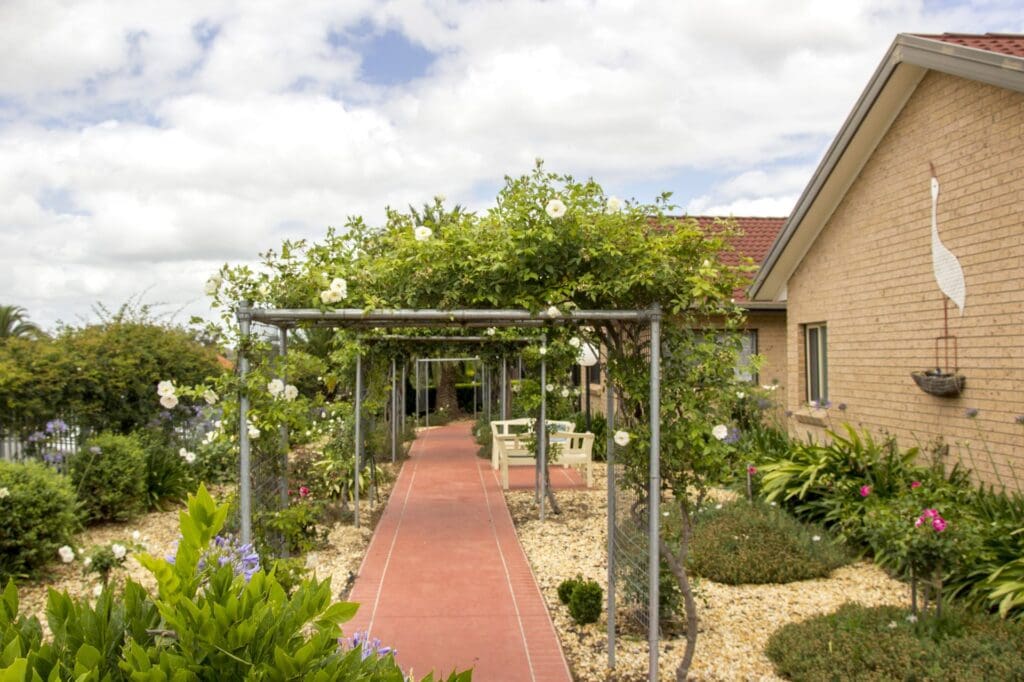
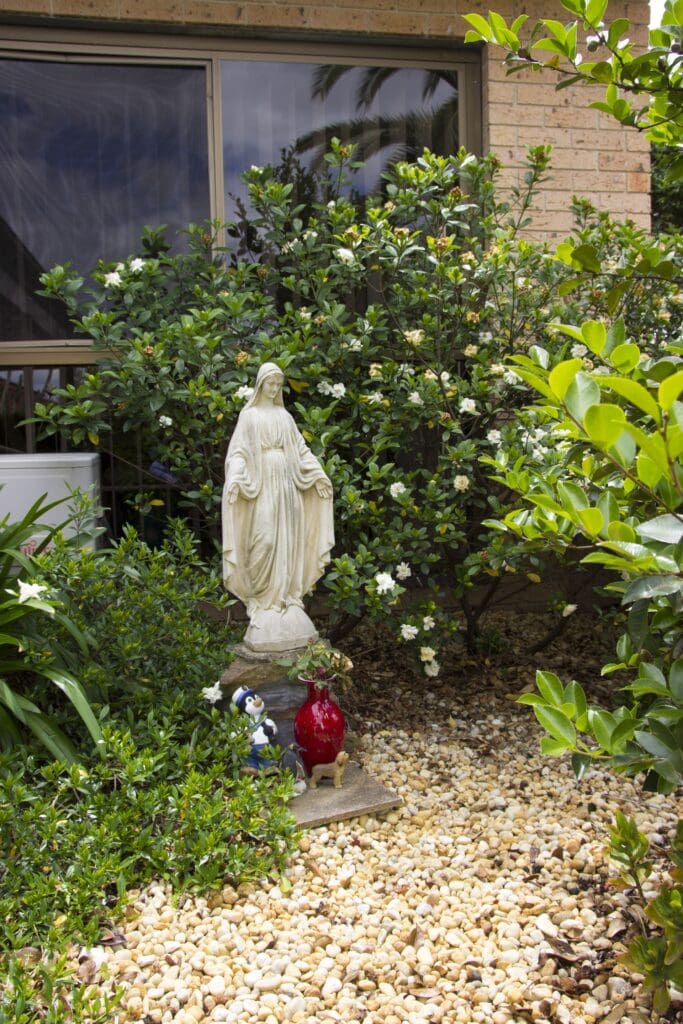
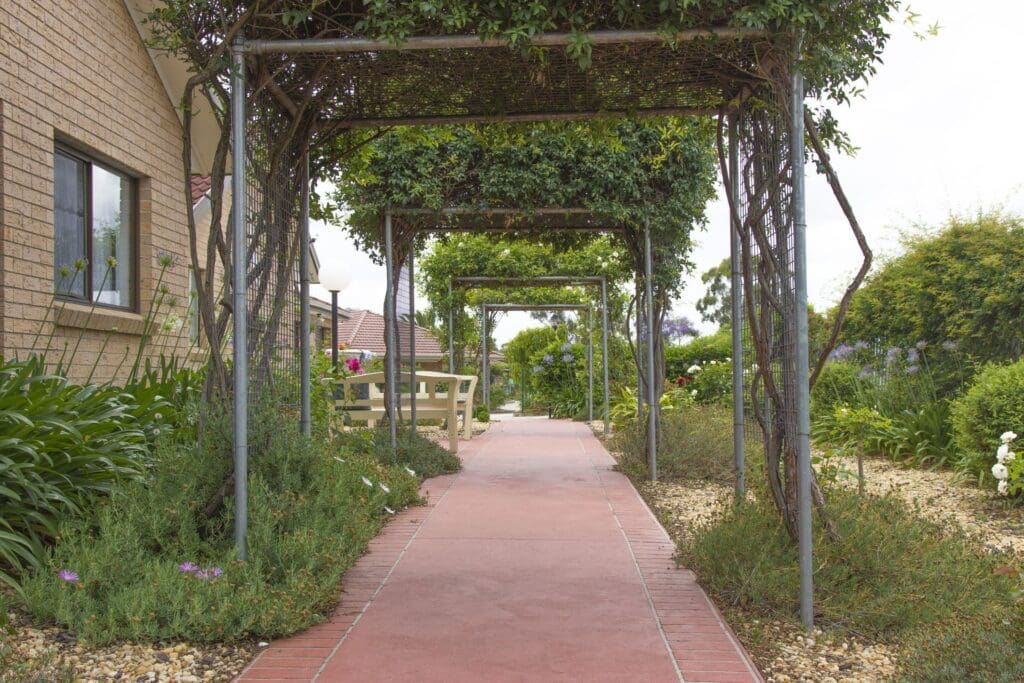
What kind of staff work in the Village – how do you select those who care for the residents?
Our team consists of professionals – carers, nurses, cooks, therapists, and administrators – who not only hold the necessary qualifications, but also possess deep empathy and respect for elderly people. When hiring, we look for more than just technical expertise. We seek an understanding of the culture and language of our residents. This ensures warmth and closeness in daily care.
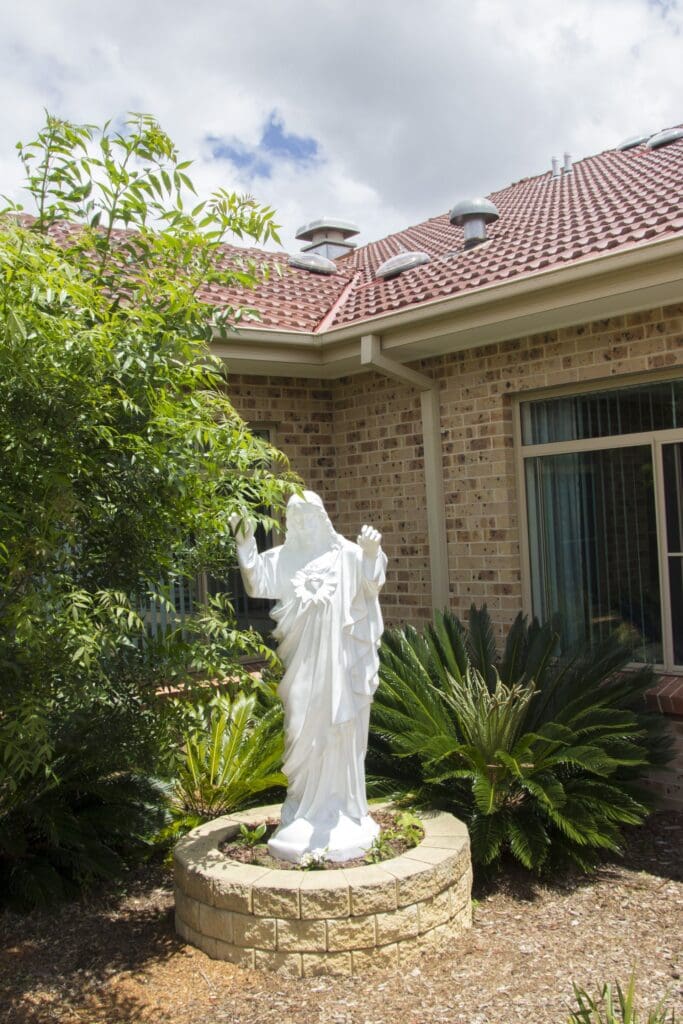
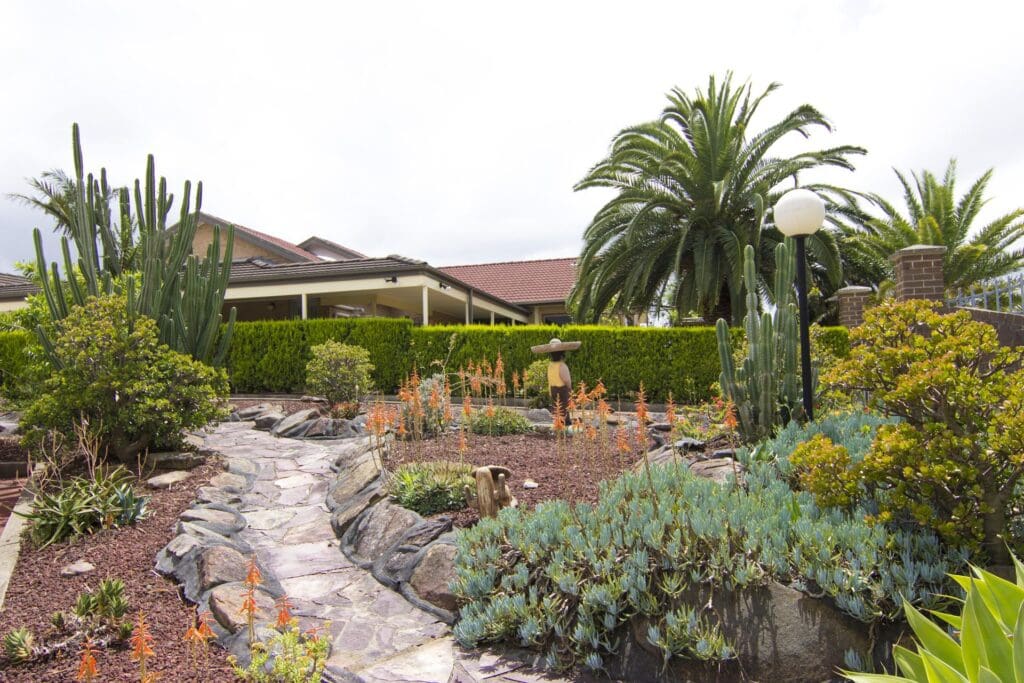
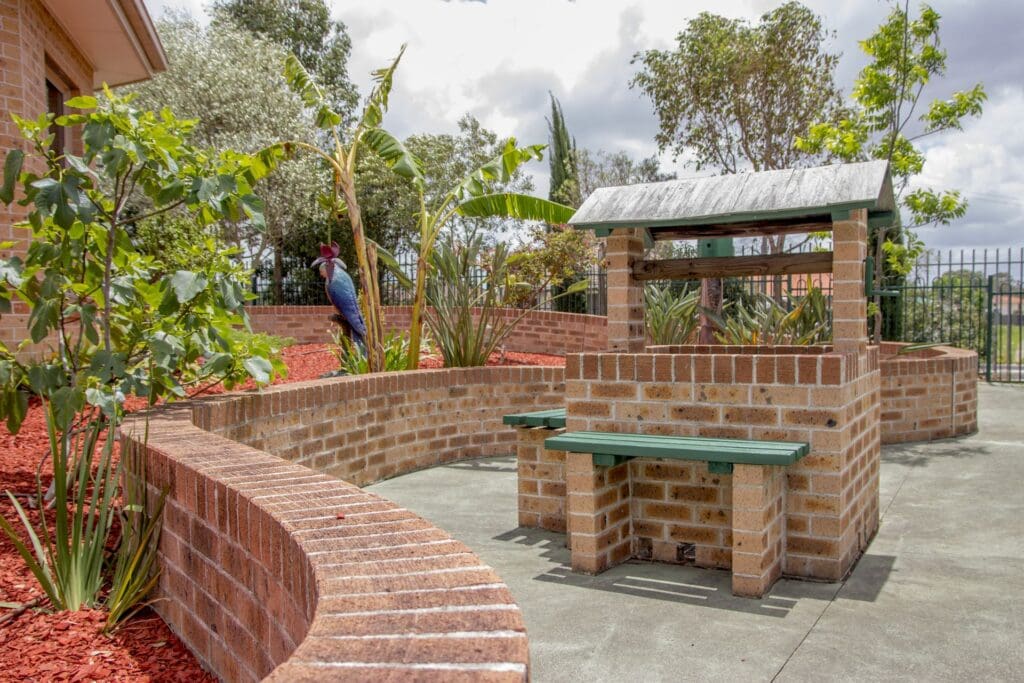

Connection with the Croatian Community – The Core of the Village’s Identity
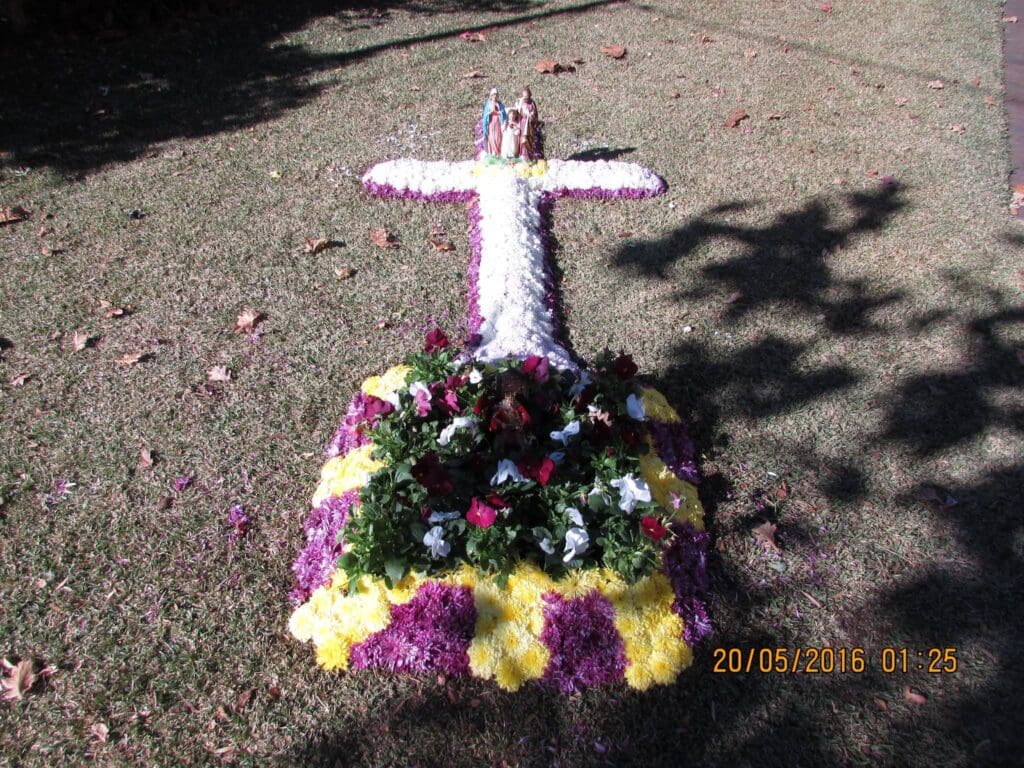
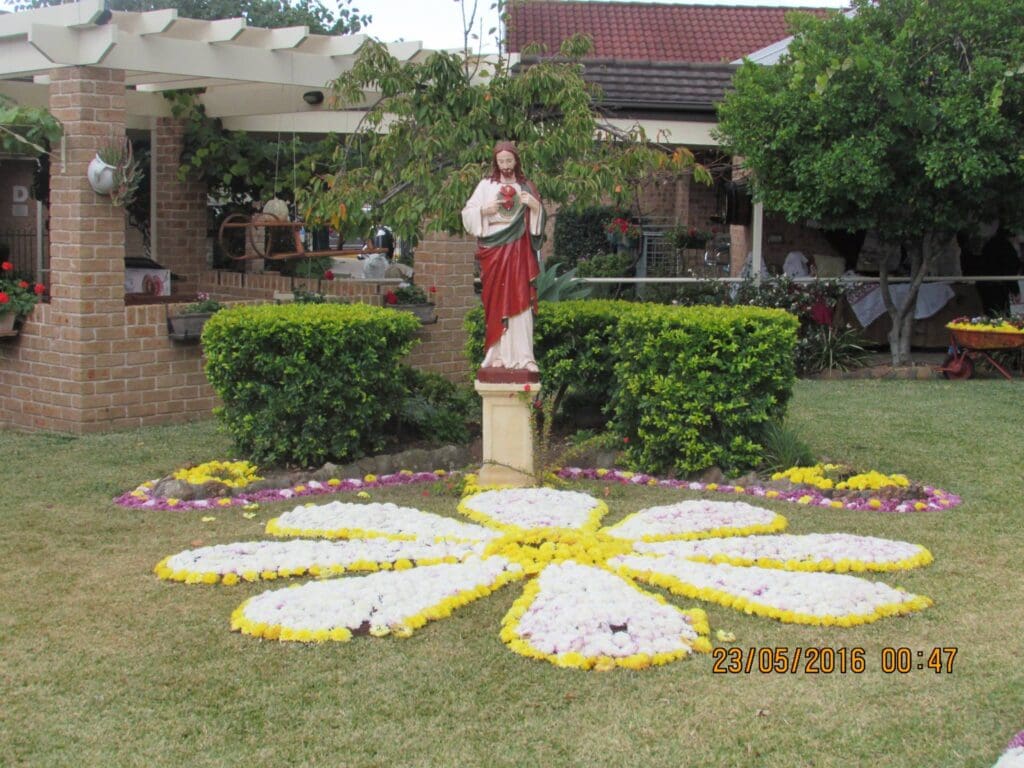
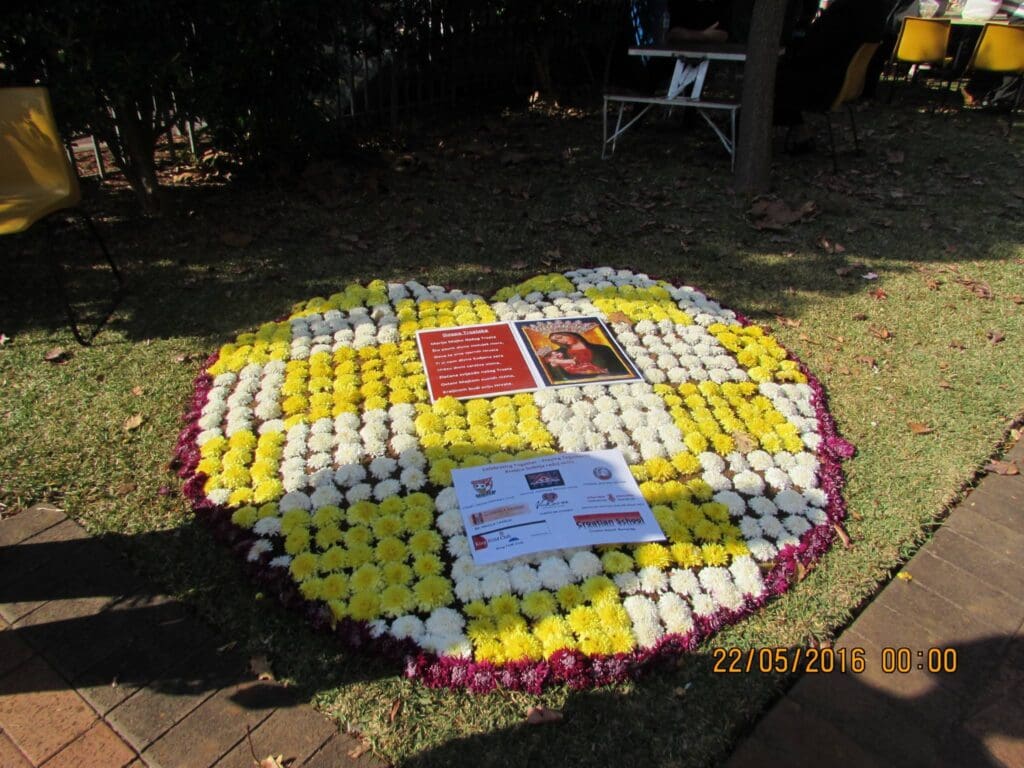
Do you have specific programmes or activities that encourage socialising, cultural exchange, or spiritual life among the residents?
Yes, we regularly organise social gatherings, excursions, birthday celebrations, and visits from folklore groups and choirs. We encourage residents to pursue hobbies like playing music, crafting, or gardening. We nurture spiritual life through regular Mass, prayer groups, and conversations with pastoral staff. Additionally, we support activities that encourage memory, such as singing traditional Croatian songs, watching videos from the homeland, and sharing life stories.
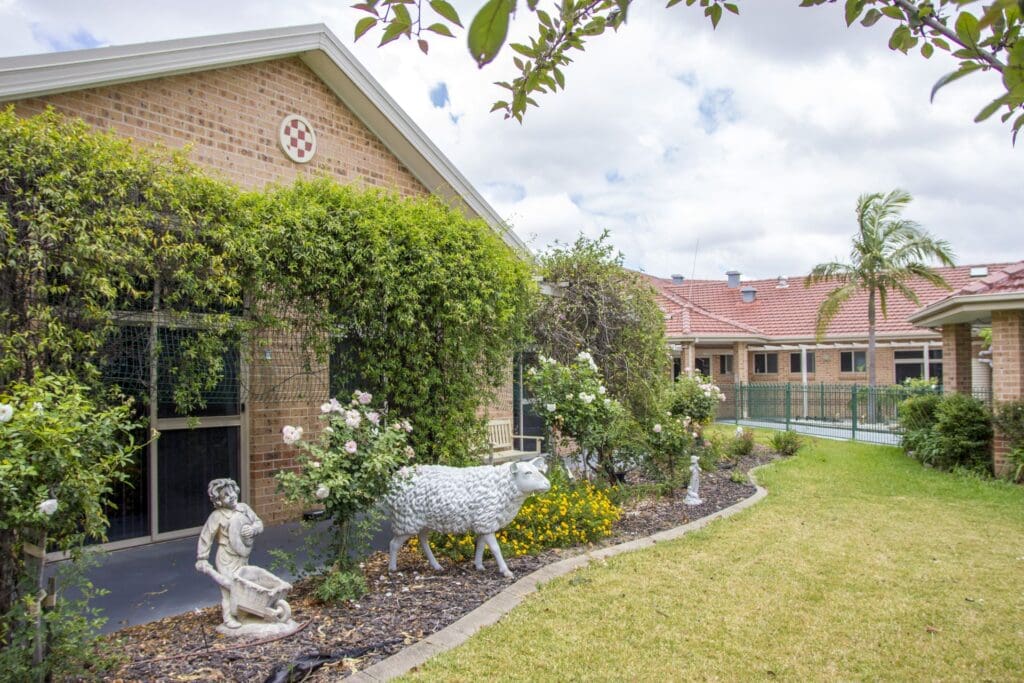
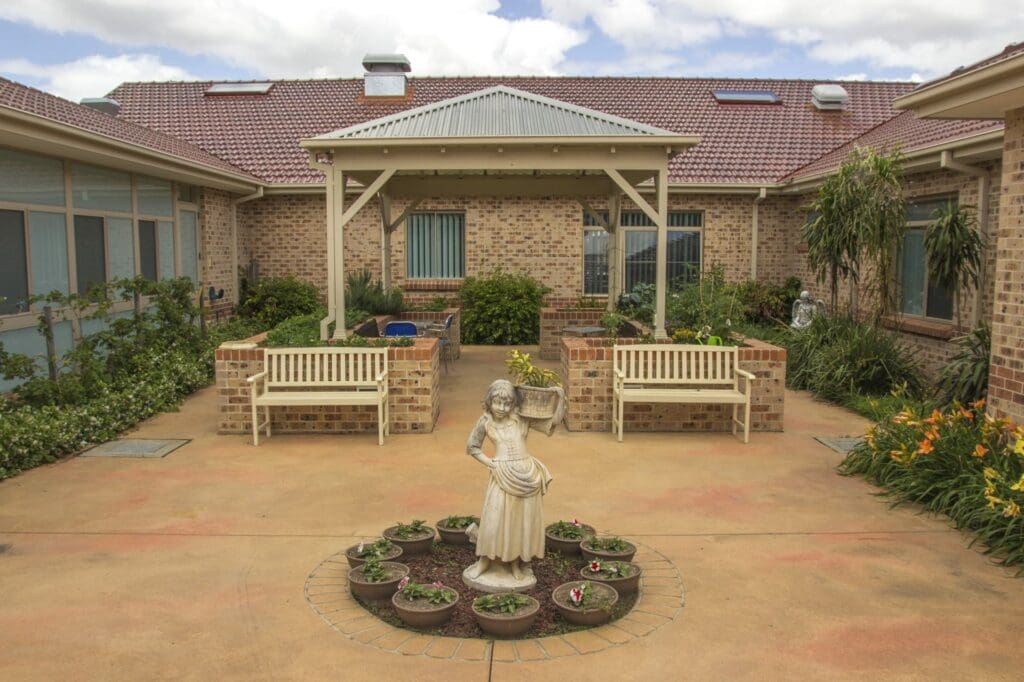
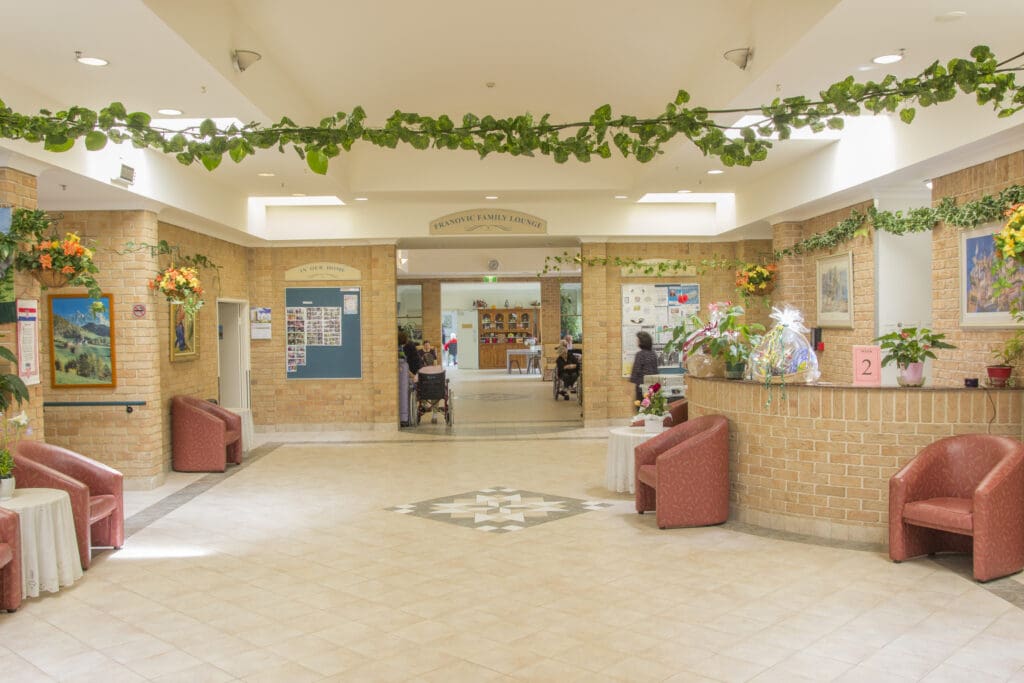
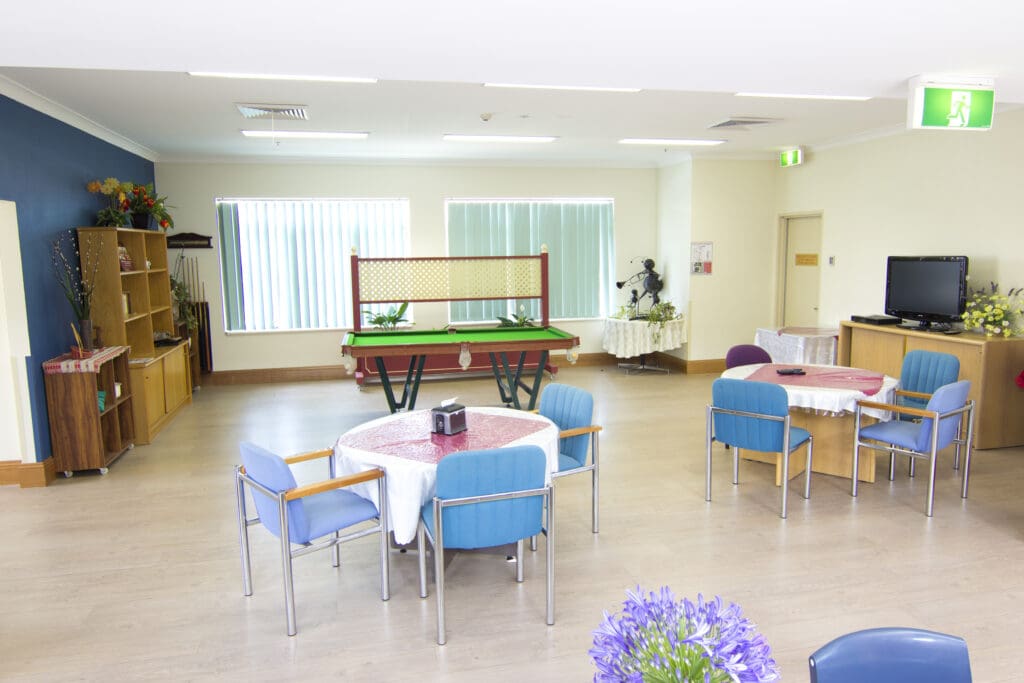
Could you share a special experience or moment that deeply moved you in your work at the Village?
One of our residents, who had lived in Australia for many years but lost her ability to speak English due to illness, completely opened up when she heard the Croatian song “Vila Velebita”. She began singing and crying. That moment reminded us all of how vital it is to nurture language and culture in the care of elderly people.
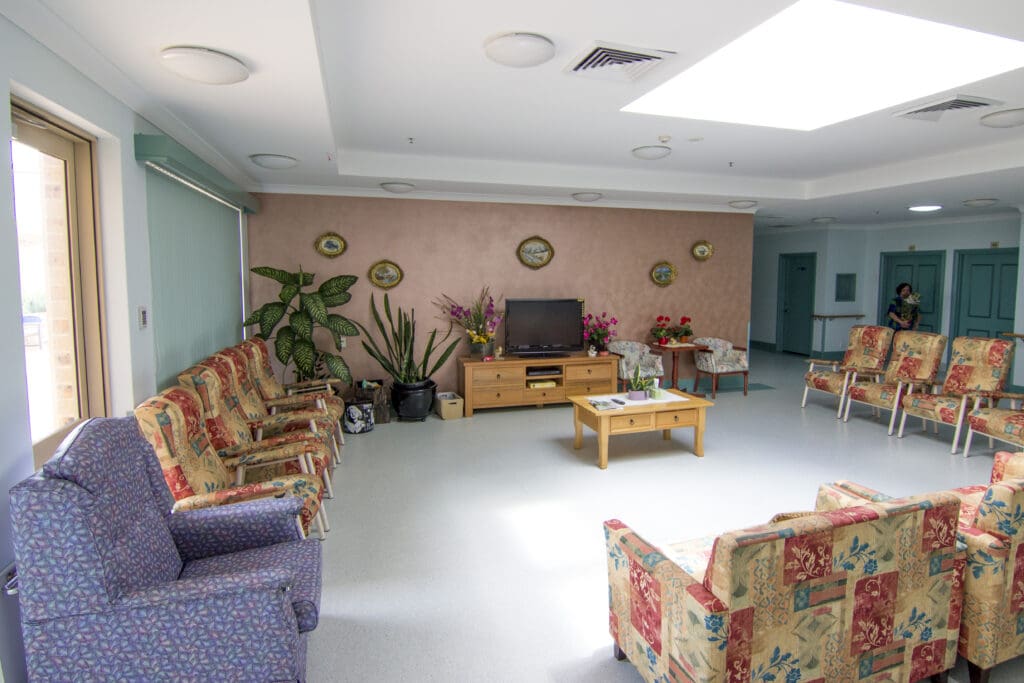
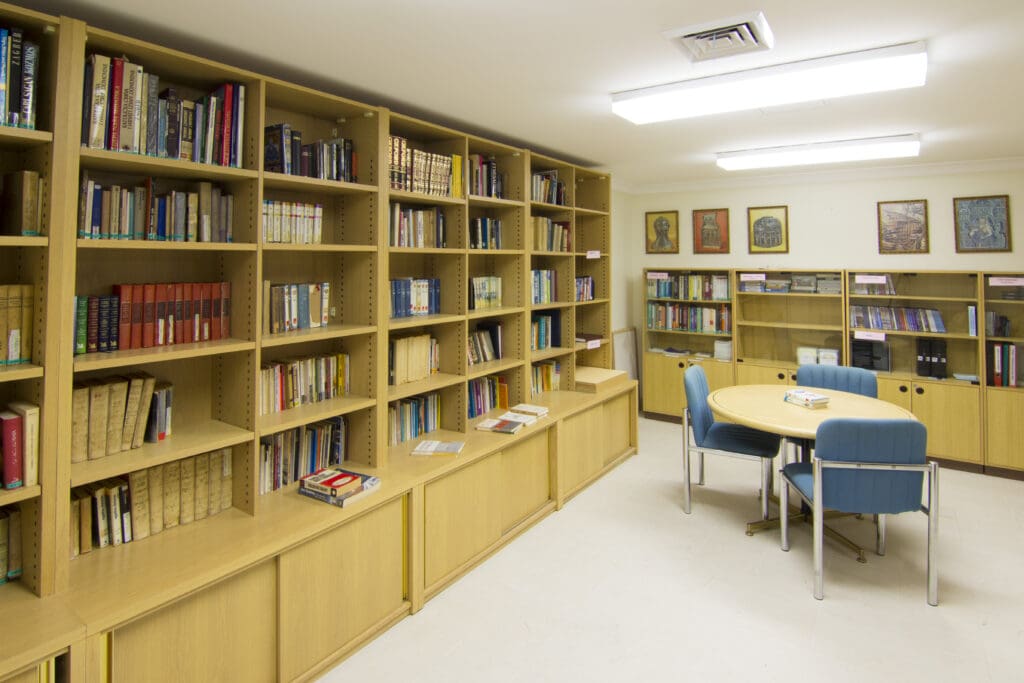
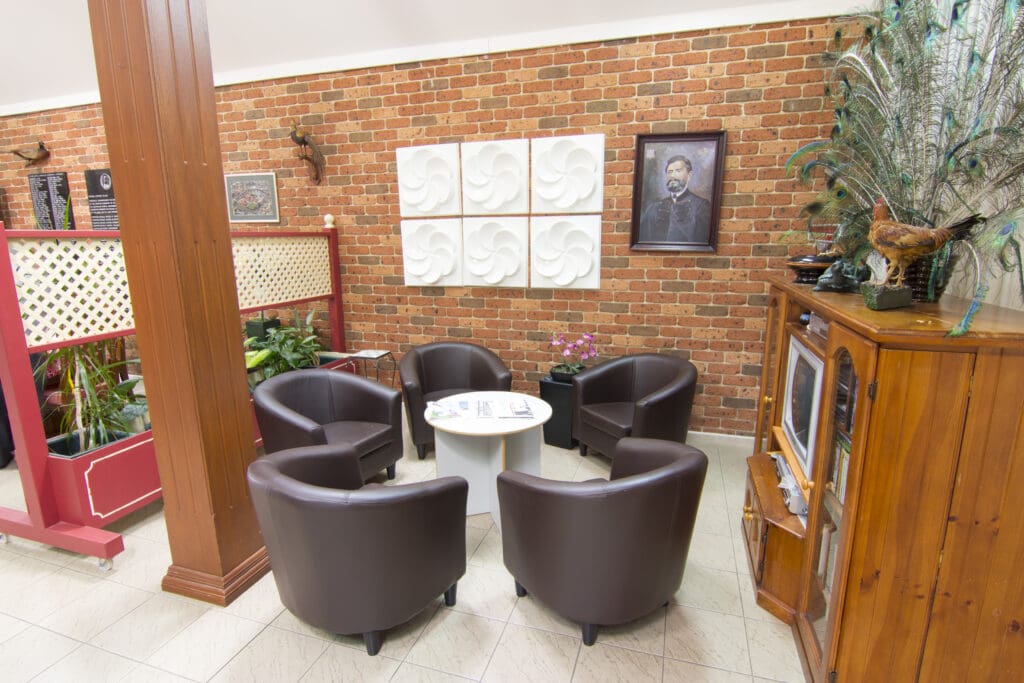
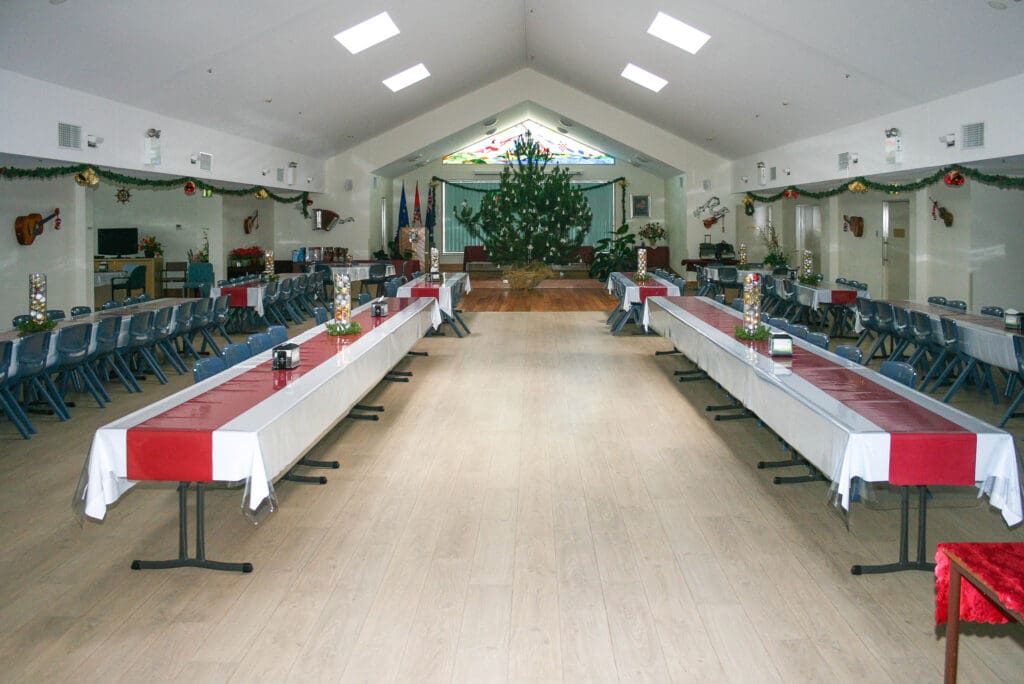
How can residents’ families be involved in the life of the Village?
Families play an important role in providing emotional support. We regularly include them in care planning, organise meetings, consultations, and joint celebrations. We also invite them to volunteer, share family stories and photos, or simply spend time with the residents. Openness and collaboration with families are key to the wellbeing of our residents.
Looking Ahead: Plans for Growth and Service Expansion
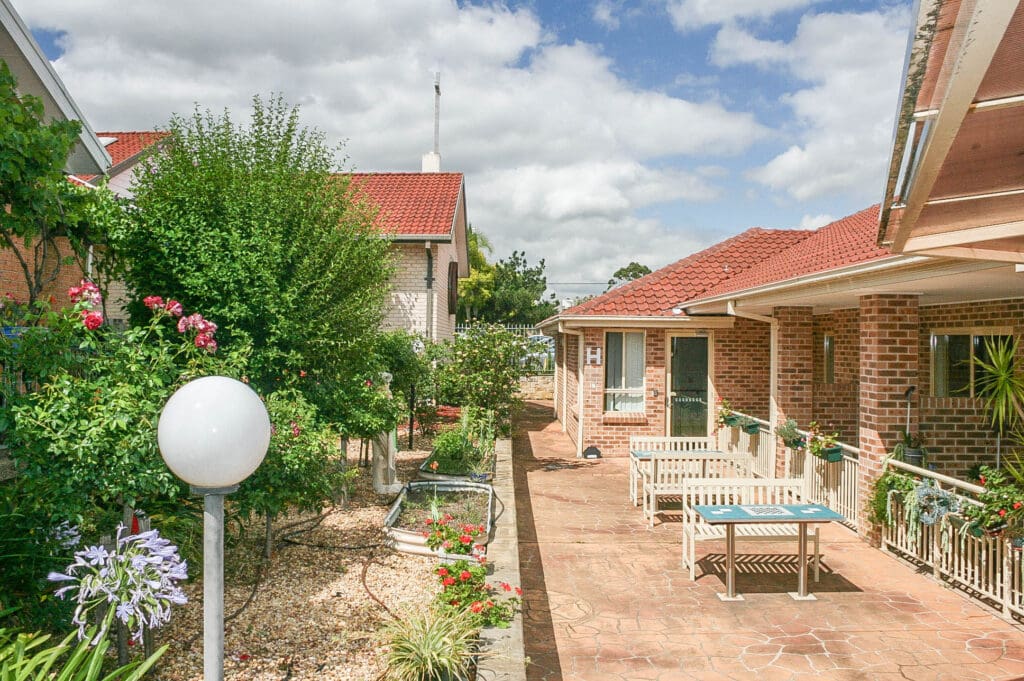
Do you have any plans for further development or expansion of your services?
Yes, we plan to expand and enhance our capacity and services. We will focus on specialised dementia care, sustainability improvements (such as solar energy), and additional investments in staff education. We are also working on implementing the “Village Model of Care”. This model places the resident at the center of all care, respecting their independence and dignity to the fullest extent.
Photos: https://csvcare.com

